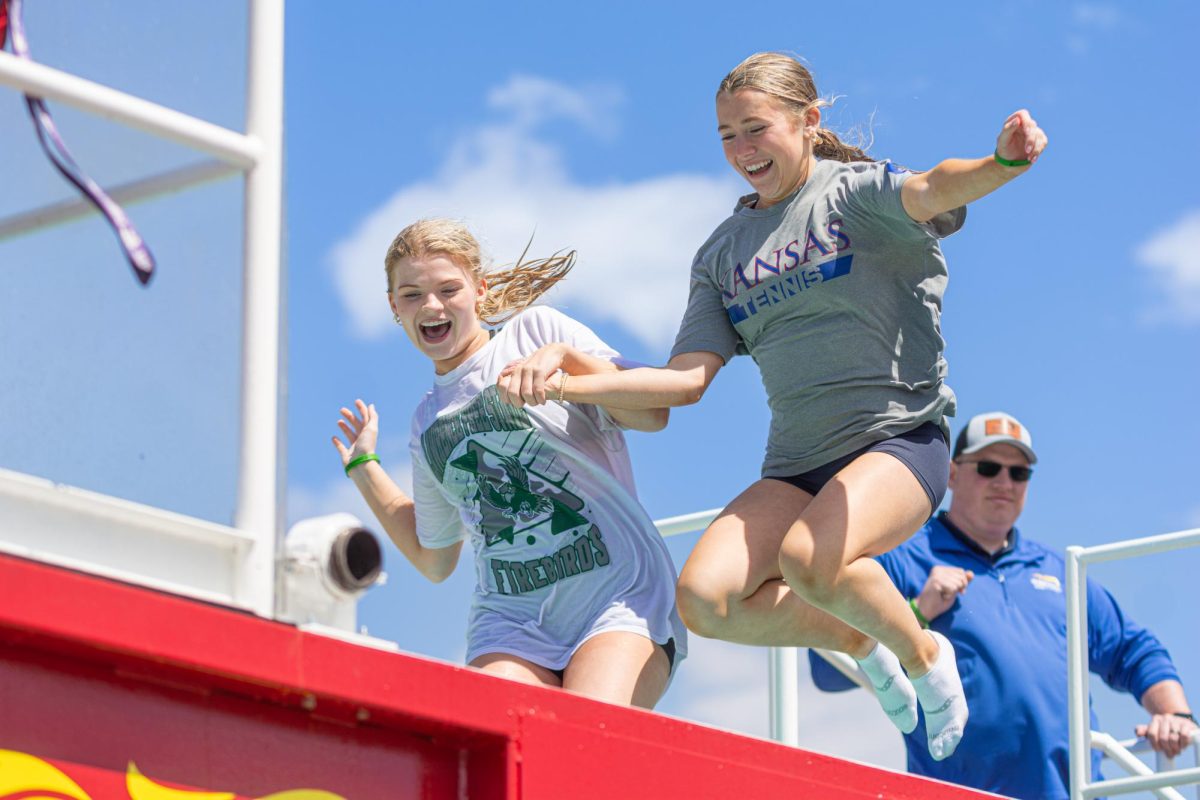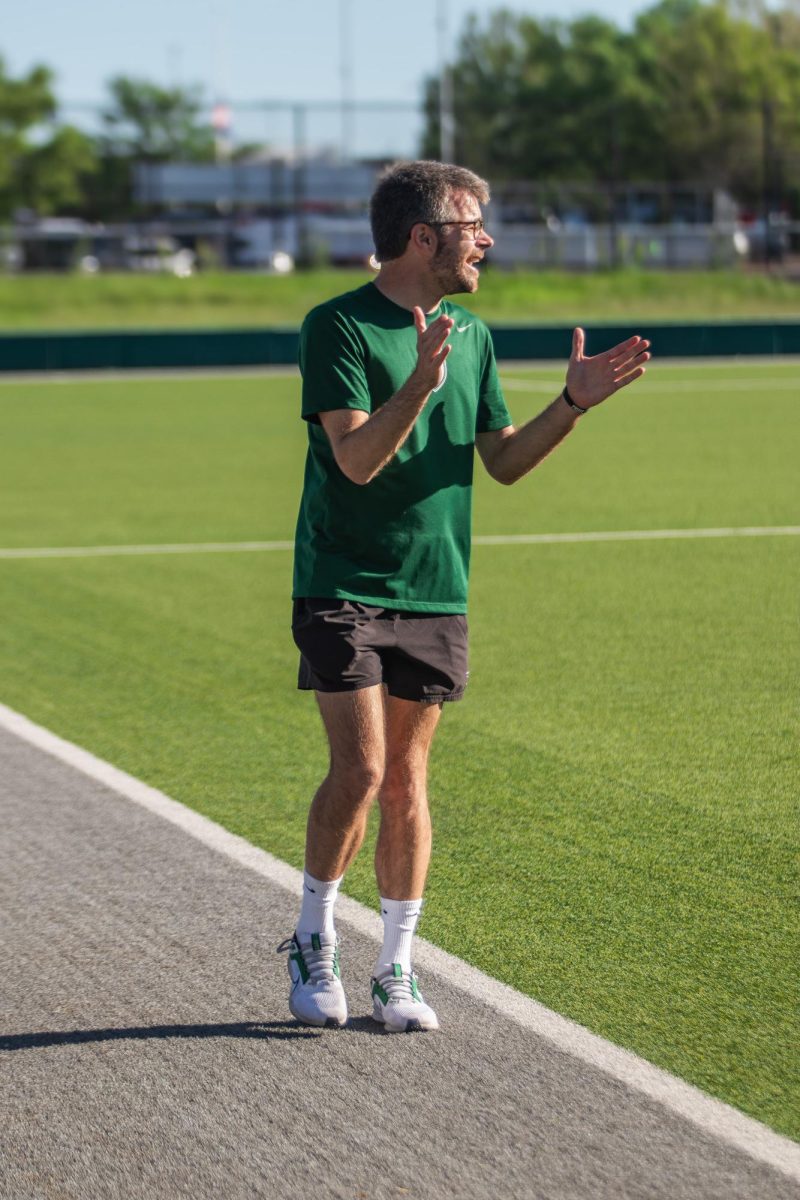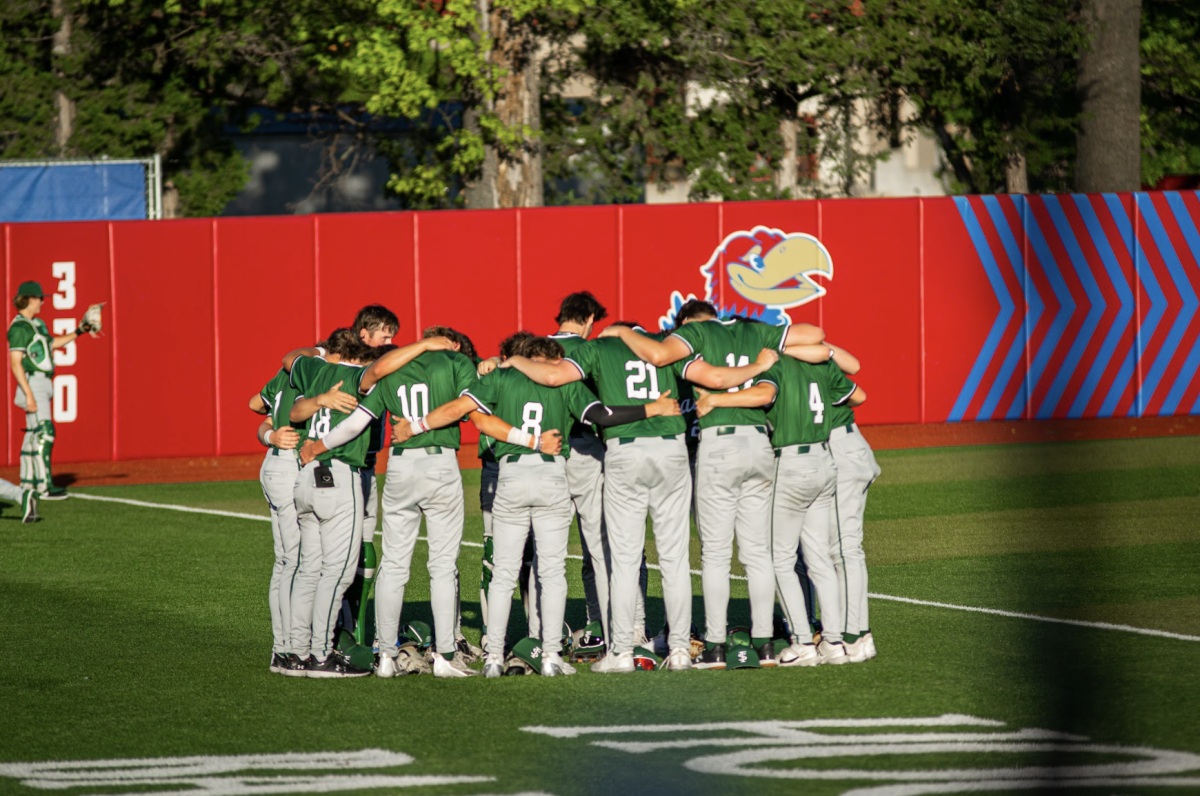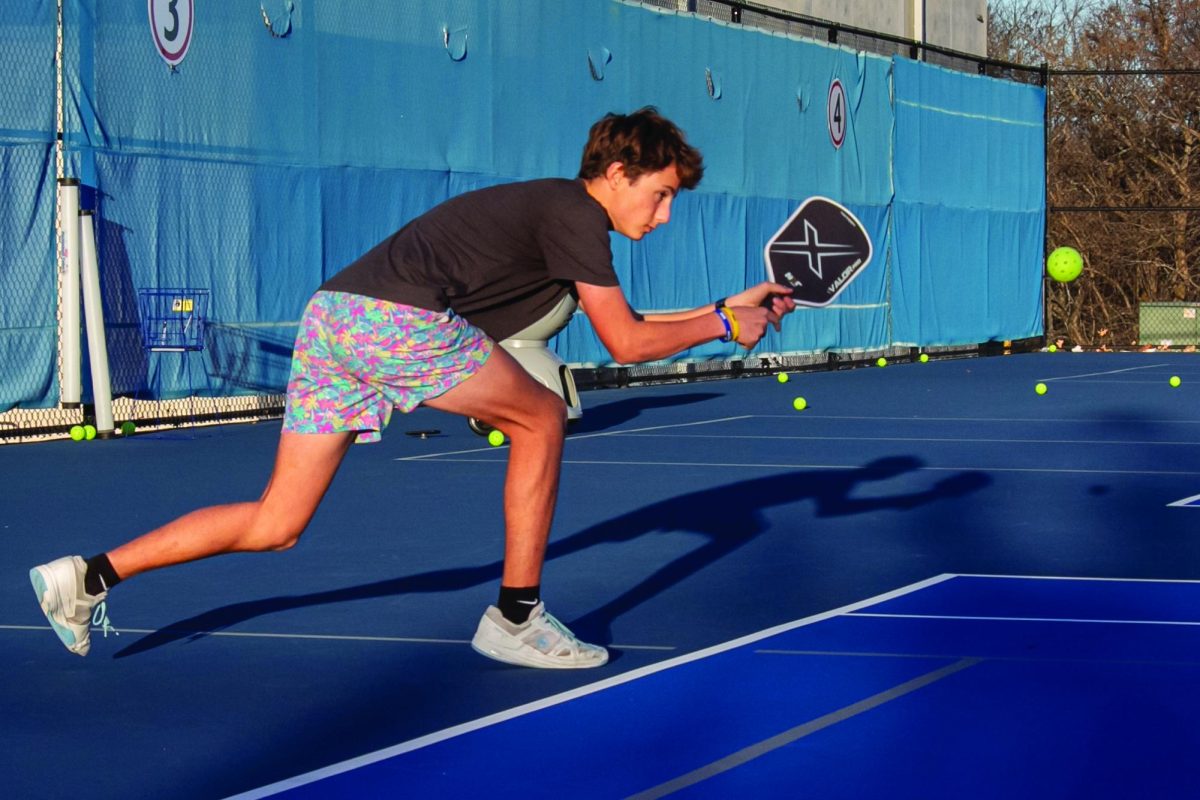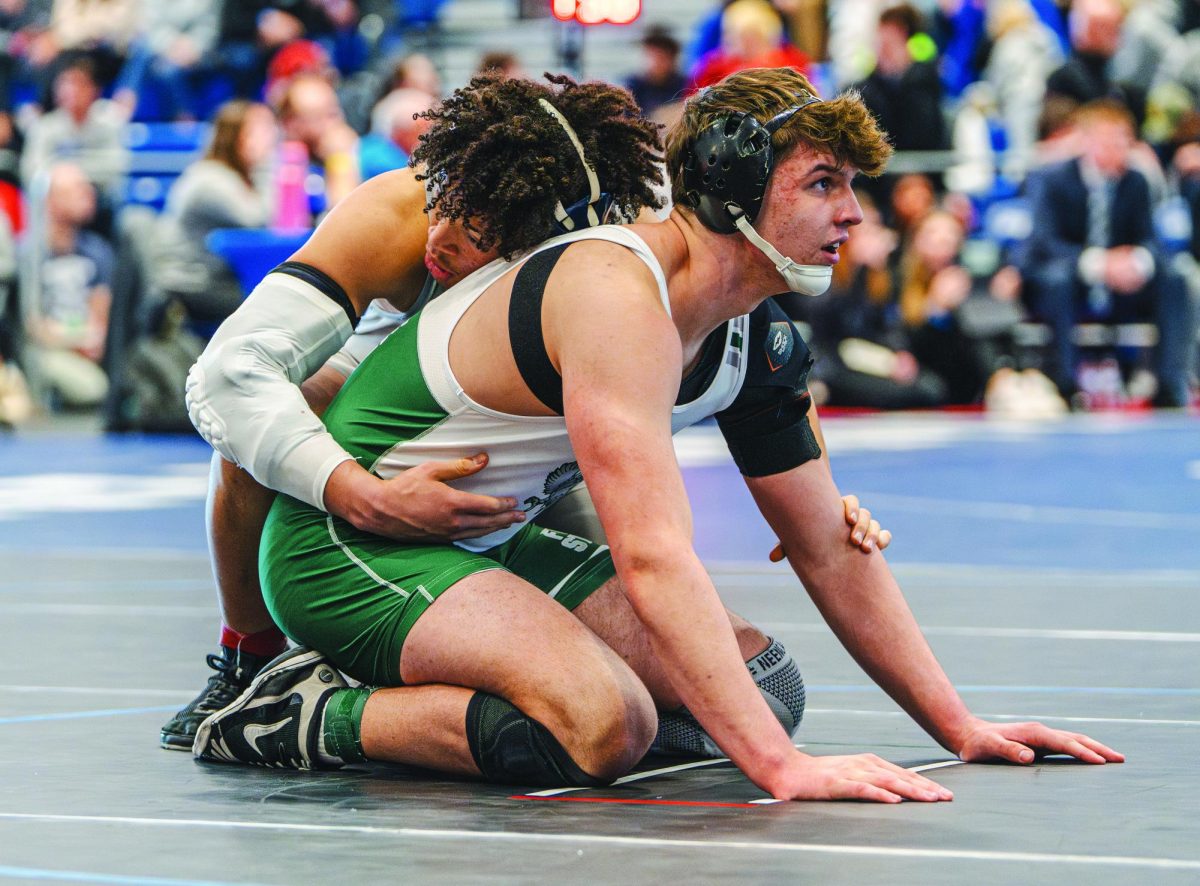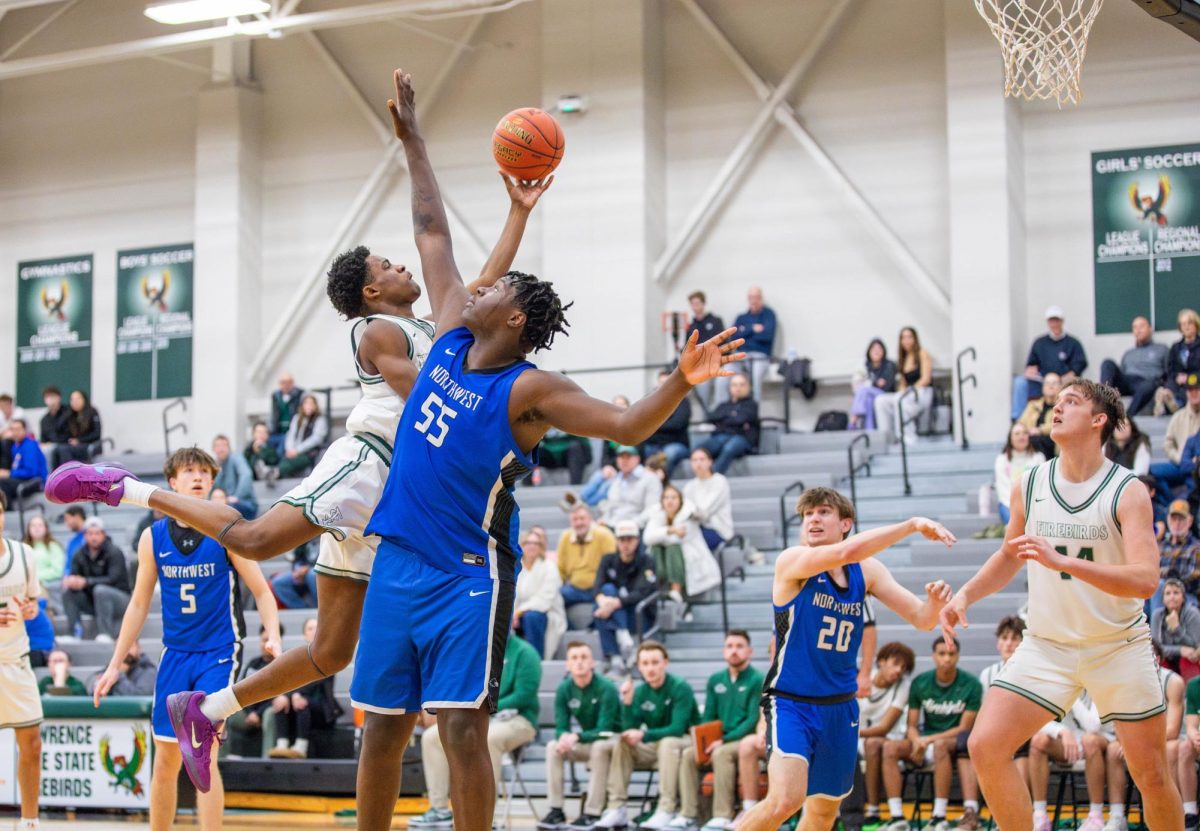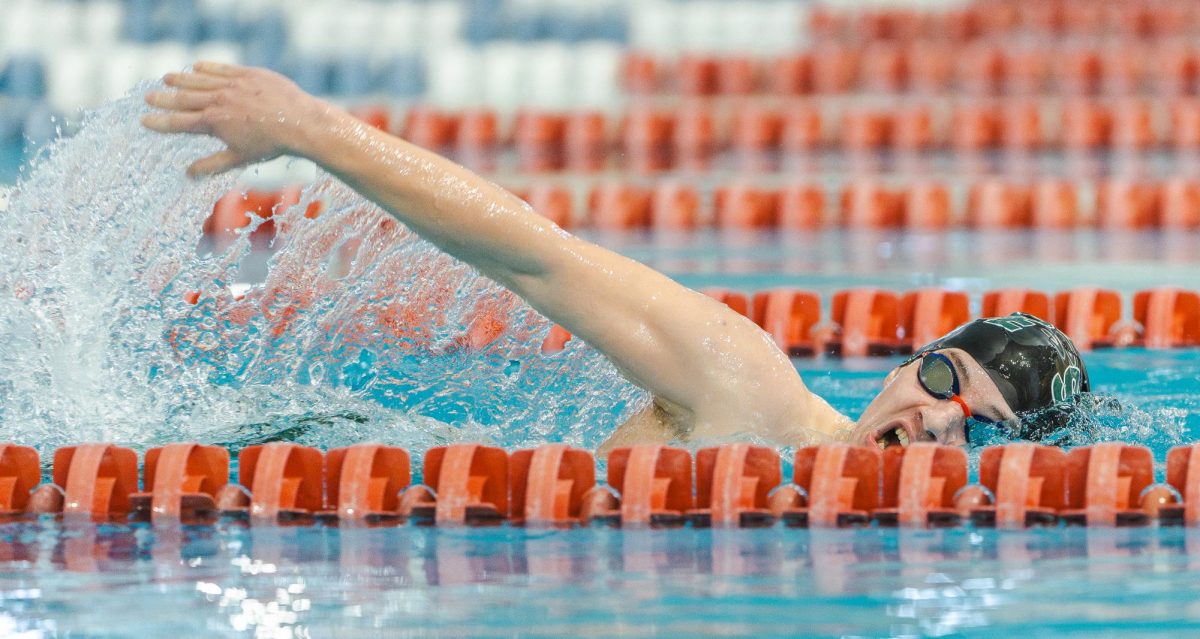Sports require amazing amounts of dedication, commitment, and unfavorable sleep schedules.
Senior Ben Sloan is in the pool practicing for swimming eight to nine times a week for approximately two and a half hours each time.
“It’s taught me so much about myself and about self-discipline,” Senior Ben Sloan said.
No matter an individual’s dedication to a sport, hearing that alarm clock go off won’t always be easy. But staying devoted to practicing allows the athlete to reap many positive benefits.
“Getting up for practices in the morning before school, it’s a lot of self-discipline to do that, so it’s made me who I am today.”
Countless homework assignments, clubs, jobs and parties leave most teenagers sleep deprived and emotionally drained. Adding daily sports practices to the mix can be unbearable.
Senior Logan Hassig is involved in both volleyball and track.
“I’ve invested a lot more time into volleyball… But I do like to run a lot as well,” Hassig said.
Even though track and volleyball fall in different seasons, Hassig found her sports schedule stacking up and causing her anxiety.
“Last year when I was playing club volleyball and running track it was really stressful, and I felt like I wanted to pick one or the other,” Hassig said. “…but I was kind of stuck doing both so I just had to invest as much into both of them at the same time that I could.”
Injuries from one sport, while usually minor, can sometimes put students on the bench for extended periods of time. Sophomore Laura Corliss knows this well.
“I played soccer, basketball, a little bit of tennis, and I injured myself in track,” Corliss said.
A track injury kept Corliss from continuing to participate in soccer, basketball, and tennis, affecting all teams.
“In the seventh grade I had dislocated my knee, it flipped over and went to the back of my leg,” Corliss said. “After they popped it back in they kinda just told me to go, but it kept happening.”
As her knee injury worsened, Corliss was forced to eliminate sports that strained her knee.
She has not been able to participate in sports for three years.
“I’m still in physical therapy, and I will be there for a while,” Corliss said.
While sports may cause anxiety and injury, many students see sports as their identity. The more time invested, the more person’s life becomes immersed in athletics.
“Growing up it’s all I’ve known,” Senior Chelsea Casady said. “…I see myself being athletic my whole life.”
Sports teams at Free State act like families.
“I just feel like I belong there,” Freshman Mika Schrader said. Schrader plays both soccer and basketball.
Relationships formed through sports prove to be incredibly strong. The time spent together brings them closer, but not as much as the pain, sweat, and joy shared. The time spent as teammates is what changes people from friends to family with inseparable bonds.
“Most of the time I was always really fortunate to be on teams with people that I really got along with, and so those relationships really formed who I am,” Hassig said.
Often times coaches are a key element to the success of the athlete. Free State is extremely lucky to have so many involved ones.
“Barah, he gets to know each one of us personally, and I think that we grow as a team because of that and individually,” Casady said.
Having a coach that sincerely wants an individual to not only succeed, but be happy and proud of what they’ve done, is extremely helpful in making the most of an athletic career.
“The coaches here have really helped me not only through sports but in life as well,” Casady said.
The effects of playing any amount of sports is demonstrated to be in most cases a very positive aspect of a person’s life. Athletes make new friendships, learn from adults and teammates amazing lessons, discover more about themselves, and make memories that they’ll carry far beyond high school. Playing on multiple teams doubles these opportunities.



